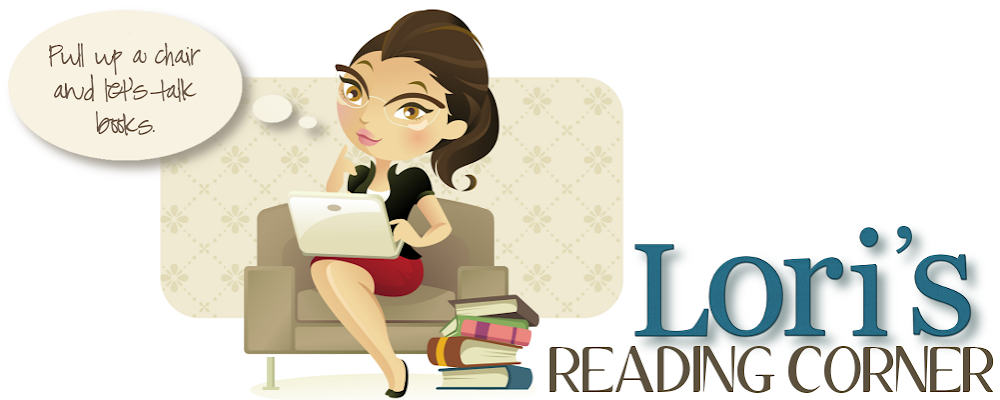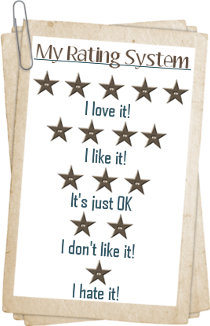Ford's strained debut concerns Henry Lee, a Chinese-American in Seattle who, in 1986, has just lost his wife to cancer. After Henry hears that the belongings of Japanese immigrants interned during WWII have been found in the basement of the Panama Hotel, the narrative shuttles between 1986 and the 1940s in a predictable story that chronicles the losses of old age and the bewilderment of youth. Henry recalls the difficulties of life in America during WWII, when he and his Japanese-American school friend, Keiko, wandered through wartime Seattle. Keiko and her family are later interned in a camp, and Henry, horrified by America's anti-Japanese hysteria, is further conflicted because of his Chinese father's anti-Japanese sentiment. Henry's adult life in 1986 is rather mechanically rendered, and Ford clumsily contrasts Henry's difficulty in communicating with his college-age son, Marty, with Henry's own alienation from his father, who was determined to Americanize him.
Hotel on the Corner of Bitter and Sweet is a amazing debut novel filled with romance and innocence that takes place during the trying times of World War II America. The story focuses on Henry, is young boy trying to figure out just who he is during the 1940's. A time where a great deal of segregation is still occuring. He finds himself caught not being white enough for his American friends at school, nor Chinese enough for his friends and family at home. Is it possible to bring the two together? To fit in everywhere? And then Henry meets Keiko. The only other student at school of Asian decent. Unfortunately because she is Japanese American, Henry's father believes her to be the enemy. Despite this, Henry and Keiko form a deep frienship that is disrupted by the imprisonment of Keiko's family in a relocation camp.
It's now 1986 and at the Panama Hotel, Henry is among many who watch the recent discovery of belongings left in the basement by 37 Japanese American families. The "items" that were found aren't as important to Henry as the feelings that they bring back. The author switches seemlessly between the 1940's and 1986. Bringing the reader on the same emotional journey Henry is taking to reconcile his past.
Hotel does an amazing job of exploring the attitudes and emotions of the times. But what impacted me the most was the different relationships throughout the book. Henry's relationships with not only his father and Keiko, but also Henry and his mothers and his father and mother. How each relationship we have affects another. Do we have the act the same with our children because of the way our parents acted with us? Or do we learn from those "mistakes" and strive to do it differently?






















6 comments:
Hi Lori,
Thanks so much for the review and for being part of Jamie's book tour!
I love to read books about family relationships! I'll have to check this one out.
Hi Lori, thanks for hosting me and for the lovely review!
I think it is important to learn from our parents' mistakes, no matter how many or few they made. And then try to incorporate the good things they did into your relationship with your child.
Everyone seems to love this book. I am always behind on these things, lol.
I really enjoyed this one.
You bring up several good points in your review, Lori. I am so glad I got the chance to read this one. I didn't mention Henry's relationship with his mother in my own review (which will go up on Tuesday), but it was an integral part of the story just the same, I agree.
Great review!
Post a Comment